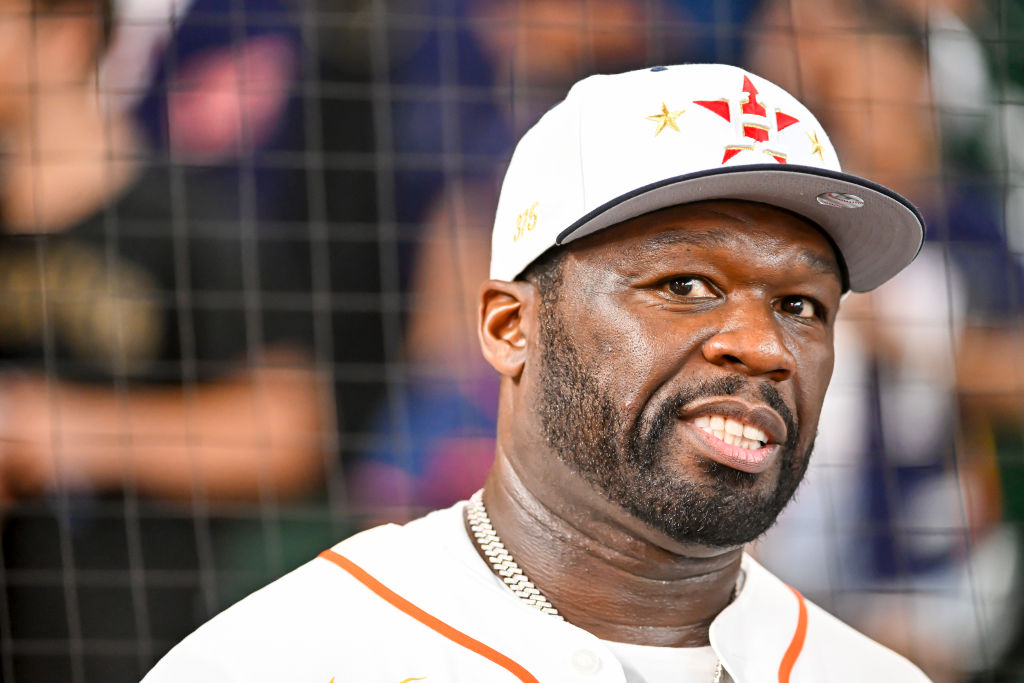World
Michael Phelps slams WADA after Chinese doping scandal

Michael Phelps, the most decorated Olympian in history, slammed the World Anti-Doping Agency and said athletes have lost faith in the organization’s enforcement of its policies following the Chinese doping scandal.
“It can’t reasonably be a coincidence that (WADA) has yet again succumbed to the pressures of international sport,” Phelps told the House Energy and Commerce Subcommittee on Oversight and Investigation on Tuesday. “Close friends were potentially impacted by (WADA’s) failure to follow its own rules in investigating the nearly two dozen positive tests on Chinese swimmers. Many of them will live with the ‘what ifs’ for the rest of their lives.”
Phelps and fellow Olympic swimmer Allison Schmitt testified before the committee following allegations that 23 Chinese swimmers tested positive for a banned substance seven months before the Tokyo Olympics in 2021 and were never punished.
Phelps medaled a record 28 times in five Games, including 23 gold medals. Schmitt, a four-time gold medalist, was a member of the U.S. 4×200-meter freestyle relay team that finished second to China in Tokyo.
“We raced hard. We trained hard. We followed every protocol. We respected their performance and accepted our defeat,” Schmitt said. “But now, learning that the Chinese relay consisted of athletes who had not served a suspension, I look back with doubt. We may never know the truth, and that may haunt many of us for years.”
Eleven of the 23 swimmers who tested positive in 2021 are going to compete in the Paris Olympics next month.
WADA’s handling of China’s case is under independent review. Phelps said WADA “fell short” and urged Congress to pressure the agency to enforce its policies equally.
“As athletes, our faith can no longer be blindly placed in the World Anti-Doping Agency, an organization that continues to prove that it is either incapable or unwilling to enforce its policies consistently around the world,” Phelps said.
WADA president Witold Bańka was invited to Tuesday’s hearing but declined to attend.
On April 20, reporting from The New York Times and German broadcaster ARD revealed the swimmers tested positive for trimetazidine (TMZ), a prescription heart drug that can enhance performance by increasing blood flow to the heart.
The swimmers were allowed to compete in the Olympics after WADA accepted China’s findings that suggested the Chinese swimmers unwittingly ingested the substance from food they ate at a hotel in Shijiazhuang, in the country’s Hebei Province.
GO DEEPER
Chinese doping scandal roils Olympic swimming: The latest, and what it means for Paris
Chinese investigators did not say how the banned substance got into the hotel’s kitchen. Two months after the swimmers tested positive, investigators reported finding trace amounts of the substance in spice containers, sink drains and extractor vents in the hotel’s kitchen, an explanation that many anti-doping experts question.
Questions remain regarding how Chinese authorities handled the samples, which were supposed to be immediately sent to an accredited laboratory that would analyze findings and report them to WADA and World Aquatics, the sport’s international governing body. The results were not reported to the tracking site until two months after the samples were taken.
But in the lead-up to Tokyo, there were no suspensions and no public disclosures. WADA didn’t stop any of the swimmers who tested positive from competing in an Olympic qualifying event and ultimately the Olympic Games.
The day of the Times’ report, WADA released a lengthy statement defending its decision to accept the conclusions made by the China Anti-Doping Agency (CHINADA) — that the swimmers had tested positive in early 2021 for TMZ after inadvertently being exposed to the substance through contamination. The statement emphasized their review process and said that an on-the-ground inquiry was not possible due to COVID-19 restrictions.
The United States is the primary funder of WADA, contributing over $3 million of taxpayer money this past year alone.
U.S. Anti-Doping Agency CEO Travis Tygart testified Tuesday and called on the U.S. to condition its future WADA funding on reforms at the agency.
Required reading
(Photo of Michael Phelps during Tuesday’s testimony: Nathan Howard / Getty Images)










